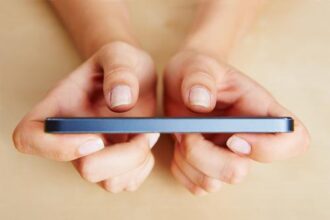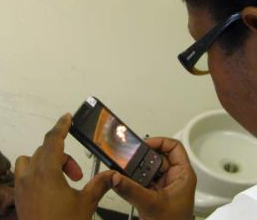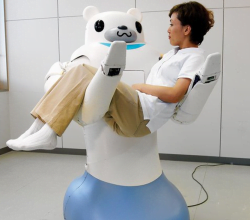From all I’ve seen and heard, text messaging and Facebook are a lot more effective ways to communicate with today’s teenagers compared to calling landlines and cellphones. So I was skeptical when I read in HealthCareIT News that Telephone beats social media for teen research participation.
From all I’ve seen and heard, text messaging and Facebook are a lot more effective ways to communicate with today’s teenagers compared to calling landlines and cellphones. So I was skeptical when I read in HealthCareIT News that Telephone beats social media for teen research participation.
In the age of social media and text messaging, one would guess teenagers would prefer those methods of contact over something more antiquated like the telephone. But the opposite is true, according to research from Georgia Health Sciences University.
The research showed that of teen participants in a asthma management study, 54 percent preferred phone contact with a recorded message, 24 percent wanted a personal call from a research assistant, 15 percent preferred text messaging and 8 percent preferred Facebook.
There are multiple reasons to be skeptical of generalizing from these results:
- The participants are all in rural Georgia
- All the participants have asthma
- The sample of 188 is relatively small
When working with teenagers it seems it’s worth considering telephone as a communications medium, but I wouldn’t take more away from the study than that.
If I want to contact a teen I’ll still place my bet on texting.








